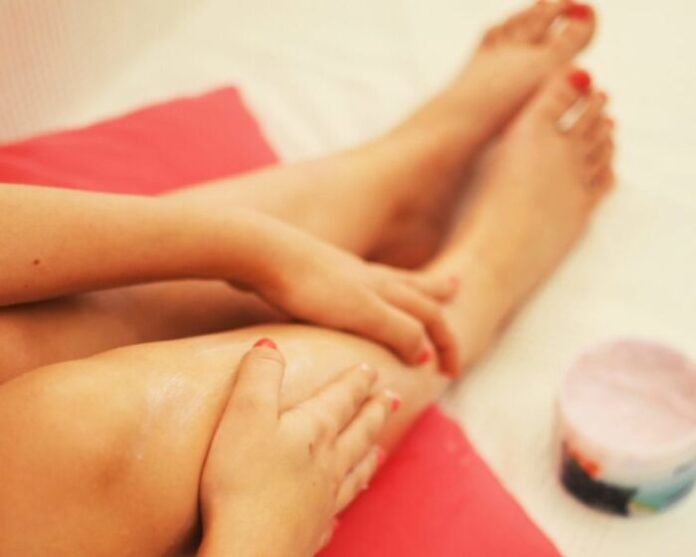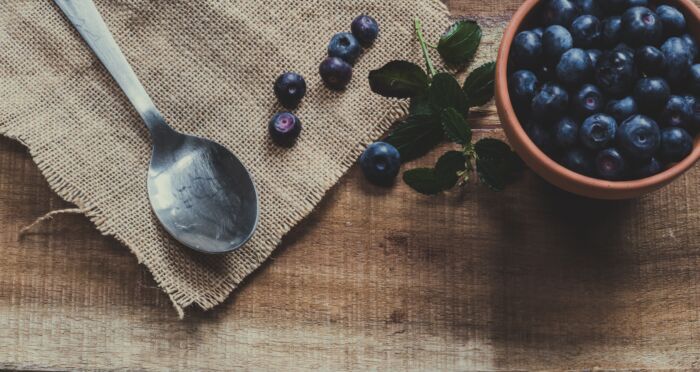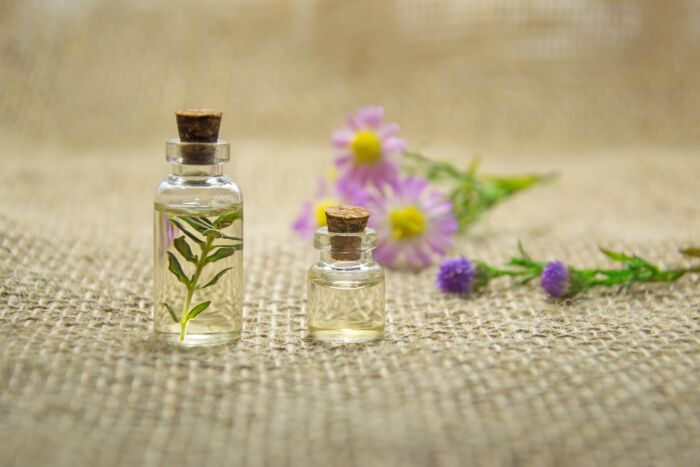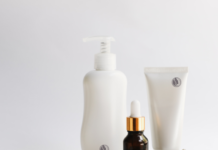
Varicose veins are a problem that plagues many women, especially after a certain age. Before resorting to invasive treatments or even cosmetic surgery, we can prevent and limit the onset of varicose veins through cosmetic treatment based on plants and natural ingredients, which stimulate the microcirculation and strengthen the capillaries. Before seeing what the remedies are, let’s understand the reason for varicose veins.
What are varicose veins
They result from the abnormal dilation of the veins which appear swollen and which can sometimes be seen through the skin when the varice concerns a superficial vein. In our body the arteries carry oxygenated blood from the heart to the rest of the body, the veins, on the other hand, return the oxygen-poor blood to the heart to be pushed towards the lungs and oxygenated.
The arteries, which push the oxygenated blood, have a very effective muscular layer, which carries the blood with the pressure of the heartbeat (for this reason the health care personnel can “feel the pulse”) but not so the veins, which carry the blood to low pressure.
Each vein can therefore dilate and become varicose, in fact it is a rather common pathology that mainly affects the veins of the legs and feet because the upright position (standing for a long time) causes greater pressure on the veins of the lower limbs.
Many of those affected by varicose veins do not complain of particular symptoms or disorders, other than aesthetic discomfort. Others, on the other hand, experience pain or a sense of heaviness. It is a condition that can also signal a higher risk of circulatory problems. When the blood slows, the risk of blood clots in the veins increases, especially when the varix affects the thigh and not the lower leg.
Varicose veins have a predominantly genetic origin, in rare cases the origin may be linked to trauma or a congenital malformation. Sedentary or standing work activity can cause swelling of the legs, but it has not been shown to be a direct cause of the onset of varicose veins.
The capillaries, on the other hand, are often linked to cellulite and therefore suffer from all those predisposing factors that cause this annoying imperfection, such as the use of estrogen-progestins, a sedentary lifestyle, an incorrect diet low in antioxidants (from this point of view, it is recommended to eat raw and colorful), smoking. Furthermore, the relationship between the two disorders is not one-to-one: a patient with varicose veins may also have capillaries, but capillaries are not a disease that precedes varicose veins.

Plants that help microcirculation
There are substances of vegetable origin, derived from plants, which can be of great help for women suffering from circulatory problems in the legs. In this specific case, we are talking about Centella Asiatica, also called Tiger Grass. It is a climbing plant that grows in tropical areas, in hot and humid climates. Centella extracts are rich in active ingredients (pentacyclic triterpenoids) with healing and vasoprotective properties, and is recommended to improve blood circulation and strengthen capillaries, reduce swelling and improve water retention. Your trusted herbalist will know how to advise you for the intake of Centella Asiatica but remember that especially the intake through herbal teas or decoctions must always be under the supervision of the doctor or herbalist, especially in the case of pregnancy or breastfeeding.
There are many fundamental plants that are so-called “vasoprotective” such as blueberry, black currant and horse chestnut. We often find the extracts of these plants in cosmetic products designed to soothe the unsightly effect of varicose veins and fragile capillaries.
On a cosmetic level, we have seen that fragile capillaries are often associated with cellulite. As we have already talked about, cellulite strangles the capillaries which with their permeability of the walls create the stagnation that gives rise to the “orange peel” effect. Cosmetic anti-cellulite treatments will help to improve microcirculation by decreasing stagnation and fortifying the capillary walls.
Treat varicose veins naturally
The effect of varicose veins is quite different. For the cosmetic treatment of varicose veins we must first of all choose a gel, which in this case is always to be preferred to the cream, as long as it does not contain alcohol. We choose the gel because the application of the cosmetic must be specifically localized on the varicose veins and must be able to be absorbed with very little massage. The basic active ingredients that should be contained in this gel should be: Blueberry, Black Currant, Horse Chestnut, Pineapple, Guarana, Green Tea, Fennel, Crataegus, Fenugreek, Hops, Walnut husk, Propolis, Rosehip and Essential oils of Cypress and Rosemary.

As we have already said, the plant extracts of Blueberry, Black Currant and Horse Chestnut are the so-called “vasoprotectors”, the other extracts perform a strengthening function of the walls and disinfectant in the area of stagnation of liquids while the essential oils help to soothe the often “bluish” color associated with varices.
Prevent variscose veins in the shower
Do not use cold or hot water to wash, always lukewarm. This applies to all skins, but in particular to those that are delicate with capillary fragility or marked by varicose veins. Even the cleaning routine must be delicate so use shower gel, shower gel or bath cream with delicate surfactants or, even better, prefer washing oils. Avoid products based on what could occlude the skin such as silicones, petrolatum and in case of prolonged exposure to the sun apply a very high protection factor to the parts affected by varicose veins. Super tanning oils are absolutely to be avoided.
Finally, hair removal must be as delicate as possible and therefore avoid waxing in case of very short and soft hair: rely on the beautician to evaluate differentiated hair removal on the areas of the legs marked by varicose veins.
In conclusion, we can reverse the unsightly effect of fragile capillaries with cosmetics, nutrition and an appropriate lifestyle while we can only prevent and soothe the unsightly effects of varicose veins since they essentially come from a genetic predisposition. So we are wary of those products (cosmetics and pharmaceuticals) that promise “sudden disappearances” of varicose veins but we face the phenomenon that can regress with the help of a correct lifestyle with patience, without haste.






































